Many of us are sacrificing the quality of our lives by going too hard at living.
It’s drilled into us that in order to succeed, we need to be constantly working, striving towards our goals and improving ourselves.
Don’t get me wrong, I’m a big fan of self improvement. I’m all for doing things more effectively. But sometimes you need a little time out.
In team sports, coaches will often call ‘time out’ as a way to regroup, reflect and recharge.
But we’re not so good at taking time out for ourselves. And it costs us. There is plenty of research to show overwork is bad for your health (see here, here and here).
In the book The Inner Self: The joy of discovering who we really are, author Hugh Mackay describes busyness as being a health hazard. He states:
“ . . . it robs us of the sanity-restoring time for reflection on our inner life, and may even dull our awareness of the need for regular encounters with the self.”
Over the last few months, I’ve been engaging in an activity that allows me to slow down, take pleasure in small things and rest while still being somewhat productive.
It’s called pottering.
In the book Pottering: A cure for modern life author Anna McGovern describes pottering in the following way:
“Pottering is not glamorous. You don’t have to put too much effort in, go very far or even do it with others. Pottering is not a lifestyle concept, and it doesn’t require practice. Just be.
The consequence of pottering – a feeling of relaxation and contentment- is usually achieved when you make do with what you’ve got, get moving but don’t go too far, don’t try too hard and keep it digital free.”
Pottering allows you to recalibrate to a saner and healthier pace of life. It reminds you that there’s so much more to life than being productive.
When you potter, there’s no pressure to achieve results or a perfectly clean room/home. And there’s also no need to share your pottering experience on social media. That would defeat the purpose. Why? Because pottering requires you to take time out from screens.
What I love about pottering is you get to set the bar extremely low. In fact, you don’t have to accomplish much at all.
According to Anna McGovern, pottering involves adhering to the following five basic principles:
When you potter, there’s no need to rush out and buy new things. Pottering is about being resourceful. It’s about thinking on your feet and making do with what you’ve got.
For instance, instead of buying takeaway for lunch, you challenge yourself to pull together a meal with what you’ve got in your fridge and pantry. In some ways, pottering can be a very creative practice.
When you potter, there’s no where to get to. Nothing to achieve. The aim of the game is to slow down and enjoy doing one activity at a time.
McGovern offers this wisdom:
“Consider the words that define pottering ‘without definite plan or purpose’. Let those words really sink in . . . You have the freedom to make tea any way you like. You be you. No one is going to judge. It’s just you and the tea.”
Pottering doesn’t involve vigorous exercise but it usually involves simple movements like pulling things out from cupboards, rearranging items in rooms, folding clothes, filing away or tossing papers, etc.
You get to go with the flow. Let’s say you’re putting away an item and you stumble across something else that needs attending to (e.g. a drawer that need rearranging), you can change course. Remember, you don’t have to be efficient or productive when you potter.
All that being said, it’s also totally fine to plonk yourself down in a cosy chair and enjoy a cup of tea.
Pottering days are chill days. You are unauthorised to rush around. McGovern recommends you do things locally on your pottering days.
On my pottering days, I like to keep away from my car and use my bike and legs as transport. This helps me feel more connected to my local community. With the car off limits, this means I can’t travel very far. When I’m in full pottering mode, an epic journey is the local library.
It’s time to dial down the noise in your life and brain. Keeping away from your phone, Netflix and social media will help. As McGovern states:
“ . . . ignoring digital devices and limiting your access to them also means that you are not constantly bombarded with messages, information, unrealistic images of perfection and pictures of social occasions that you haven’t been invited to.”
McGovern recommends finding old-school alternatives for your phone for the times when you potter. She suggests using a calendar, alarm clock, radio, TV, a landline, newspapers, notepad and pen, map and cash.
Life is short. Don’t run yourself ragged trying to get ahead and be a productivity machine. Slow down. Take a day or afternoon off and give yourself the freedom and space to potter.
Share This:
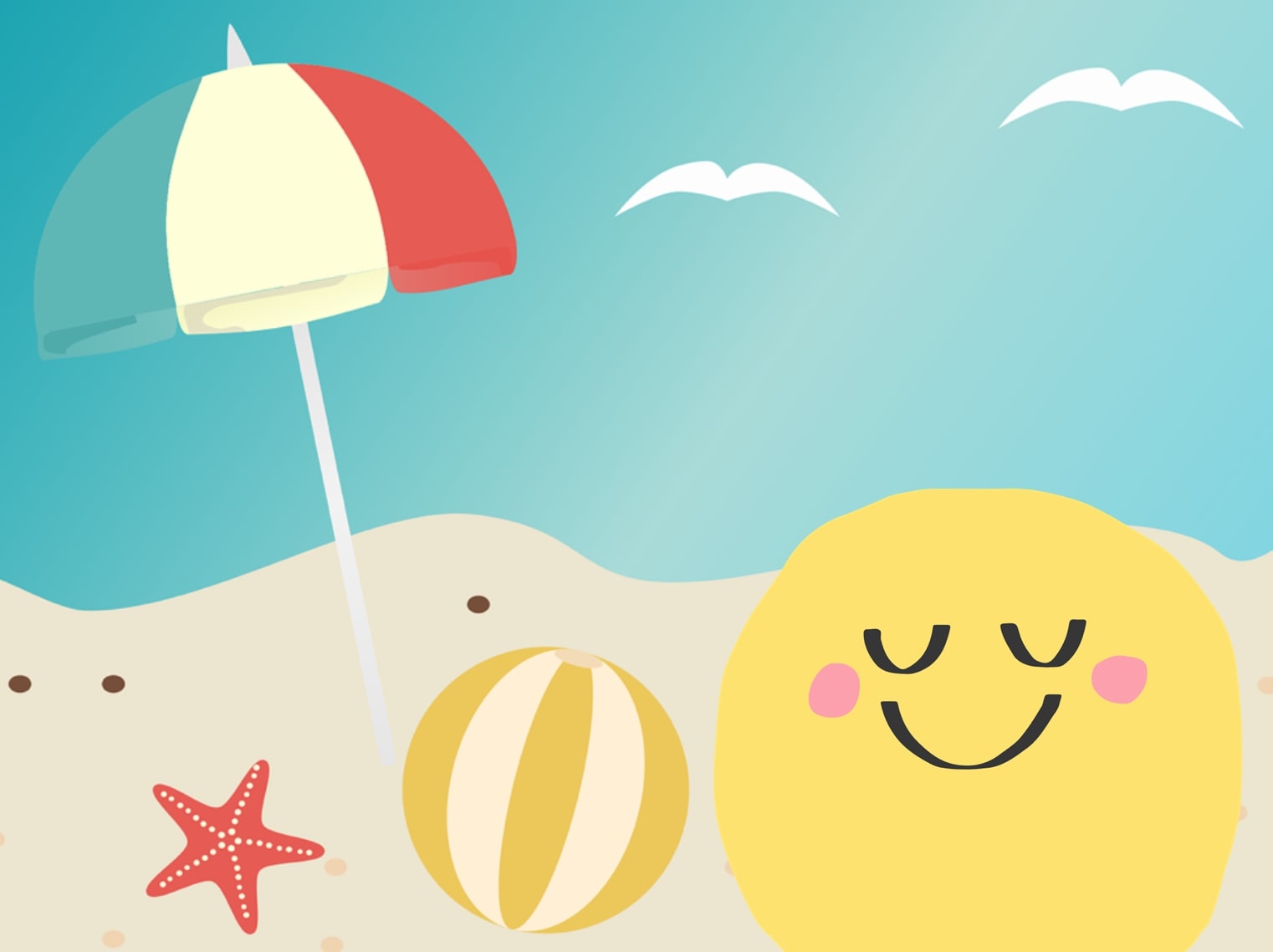
It had been an intense year of work and study. I desperately needed a break.
So I packed a backpack and went hiking with a group of friends. We did the sorts of things you see people do in wilderness films: we swam in rivers, slept under the stars, and ate the simplest of meals.
Five days later, I re-emerged from the forest feeling re-energised and with a new perspective. I felt excited about life again.
If you’ve ever skipped a holiday or used your holidays to catch up on work, you know at some level this is bad for your soul.
Research shows people who skip holidays are more likely to:
• suffer from burnout;
• feel emotionally exhausted;
• be less productive;
• have trouble concentrating during their free time after work; and
• find it harder to deal with the challenges of work, study, and life.
Think of the last time you felt really exhausted. How easy was it for you to do your work?
With a tired mind, it’s hard to get anything done. You can’t do your best work.
Let’s face it . . .
You’re not a machine.
You’re a human being.
Your energy is finite.
You have limits.

Following any period of intense or stressful work, you need to rest and recover.
If you choose to ignore your biological limits and burn yourself out, it can take 12 months to fully recover. It’s your choice. Your call. Personally, I wouldn’t risk it.
So it’s time to get serious about rest and in particular, holidays.
Let’s take a quick look at the science . . .
Research by Sabine Sonnentag and her team found we need to experience the following four things to fully recover from stress:
1) Relaxation;
2) Mental detachment from work;
3) A sense of being in control; and
4) Mastery experiences.
In his book Rest: Why You Get More Done When You Work Less, Alex Soojung-Kim Pang encourages us to think of breaks as being like meals. You want your meal (i.e. your break) to be nourishing, so it needs to be high in all four of the components listed above.
The good news is you can train yourself to get better at doing these four things. It just takes practice.
Below we explore each of these factors in more detail. Read on!
This is about calming your mind and body.
What’s the best way to relax?
There are no hard and fast rules but you could try:
• Meditating;
• Having a massage;
• Listening to relaxing music;
• Spending time in nature;
• Doing yoga;
• Breathing exercises; and
• Taking a long hot bath.
What do these activities have in common?
They require very little effort. And they make you feel good!
Research by Frederickson (2001) found that when people feel good (i.e. they experience positive emotions) this helps to boost their energy levels.
Have you ever found yourself worrying about school/work when you weren’t at school/work?
When you do this, you’re wasting your precious (and finite) mental energy. But what’s even worse is that no recovery can occur when you worry.
One study by Sonnentag, Binnewies and Mojza (2008) found that low psychological detachment from work in the evening is associated with feeling exhausted and tired in the morning.
Want to wake up feeling refreshed and alert? Then stop any negative thoughts about work and school as soon as you get home.
Easier said than done, right?
Again, it’s just practice.
Here are some strategies that help me to switch off from my work/study:
• Set a worry time (worry o’clock): Find yourself worrying? Quickly jot down the thought that is bothering you. Then tell yourself you’ll revisit that thought later at worry o’clock.
• Create non-work zones in your room/home: Deliberately segment work and off-work life. Don’t bring any work into your non-work areas.
• Don’t do any work on your holidays: Put your books and notes away. Your top priority is to have fun, relax and engage in mastery experiences (see point 4 below).
• Get moving: Engaging in intense physical exercise can provide ‘time out’ from worrisome thoughts. When I exercise, my focus is just on doing each movement (nothing else). I tune into how my body feels. Increased levels of endorphins, serotonin, and dopamine following exercise also help with the recovery process.
Do you feel in control of your time when you’re not at school or work? Can you engage in activities that you enjoy and find meaningful?
If the answer is no, you need to work on feeling more in charge of your life.
Here are some questions to consider:
• Are you overscheduled?
• Could you cut back on a few activities/commitments to free up more time for fun and relaxation?
• Can you outsource any activities?
• Can you do certain activities more efficiently to free up more time?
• Can you reduce time confetti in your life?
These are experiences that challenge and stretch you in some way. When you engage in them, you tend to forget about your work and/or school.
These activities require you to exert a bit of effort, but you don’t want them to leave you feeling completely exhausted.
Here are some examples of mastery experiences:
• Physical exercise;
• Learning a new instrument (e.g. the piano);
• Learning a foreign language;
• Volunteering in the community; and
• Taking a free online course on a topic that interests you.
As a general rule of thumb, try to limit time on digital devices over the holidays.
Let me be clear: technology can be a great tool to help you engage in a mastery experiences. But depending on how you use it, it can also inhibit the recovery process.
Screen time leisure activities, such as scrolling on your phone and watching Netflix, don’t really challenge us. We typically sit down and enter a passive, zombified state. This in turn can lead to boredom, apathy and depression.
For every hour you spend in front of a screen, that’s an hour you could have spent at the beach, going for a walk in nature, working on a creative project or learning how to cook a new dish.
Here’s another reason to limit your screen time . . .
If you’re looking at a screen 30 minutes before going to bed, you’re messing with your melatonin (a hormone that makes you feel sleepy). The light emitted from screens has been shown to suppress the production of melatonin, thereby making it harder for people to fall asleep.
Scrolling through your social media feed so close to bedtime also means you’re at risk of seeing content that upsets you.
Put simply . . .
As Demerouti and her team state:
“The better an individual’s physiological and psychological state before bedtime, the longer and better the quality of sleep she/he will have. A better quality and quantity of sleep in turn leads to a better psychological and energetic state the next morning before going to work.”
So put your phone to bed at least 30 minutes before you plan on going to bed. This simple action could change both your mood and outlook in dramatic and profound ways.
For these holidays, I encourage to explore and experiment with different ways to make your break truly restorative. And most importantly, make sleep your top priority.
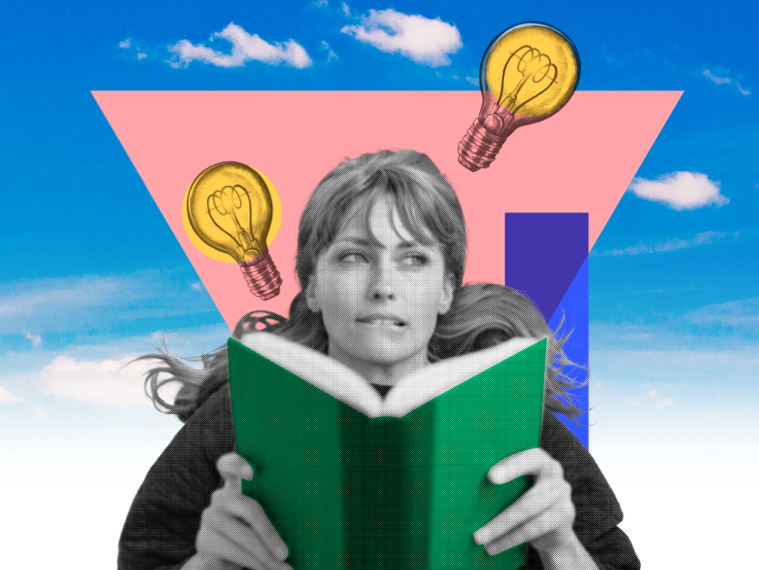
This is despite the fact plenty of research shows we’d be less stressed, have more energy, and feel more relaxed if we spent more time out in nature.
Nature is a powerful antidote to the stresses and pressures of modern life.
With this in mind, I’ve been experimenting with creative ways to get my daily dose of nature. One strategy I’ve been testing out is working outside.
I recently listened to a podcast interview with Kim Stanley Robinson (author of The Ministry for the Future). Kim has been writing books outdoors for the last 15 years. In fact, he believes this is what saved his writing career.
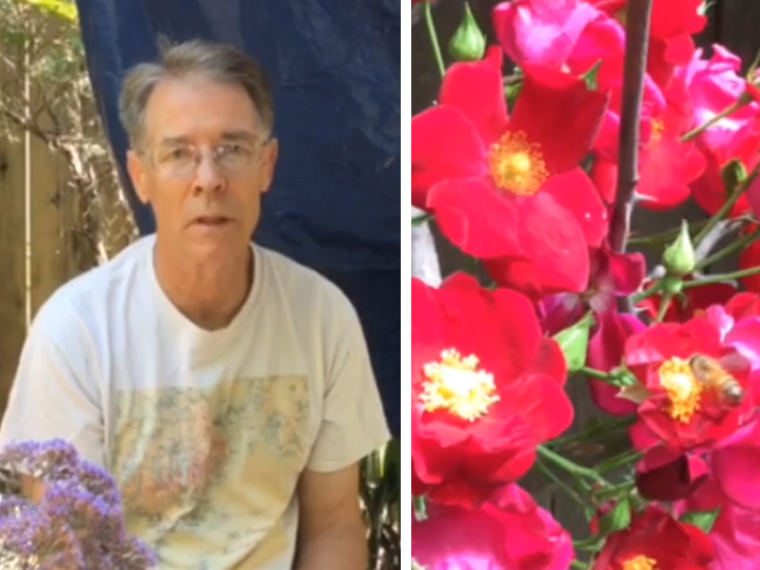
On the podcast Wild with Sarah Wilson, he mentioned how this interesting habit came about. He said:
“I was feeling tired of writing . . . burnt out. And then I moved outdoors to a café table that’s in a courtyard that’s fenced in by the side of the house. There’s a Japanese maple shading it but it wasn’t quite enough shade for the laptop screen. So I slung a tarp from the fence and tree branches.”
He later added:
“I realised I wasn’t sick of writing. I was sick of being indoors all day.”
For Kim, writing outdoors has been a joy and an exhilarating experience. “The little birds are my office mates”, he said.
After listening to this interview, I thought “What have I been doing all this time?”
I knew I needed to head outdoors and set up a second workspace.
I didn’t waste any time. I went on Gumtree and found a cute retro vintage table with drawers. It fit perfectly in the space I had available on my back verandah.
Mosquitos are a real problem in my neighbourhood. Like a phone pinging constantly, they are a source of distraction and irritation.
To combat this problem, I purchased a secondhand mosquito net for $5 to hang over my workspace. Upon inspection, the net had one little hole but this was easily fixed with a needle and some thread. With a couple of clothes pegs, I am able to close the opening of the net so mosquitos can’t get in.
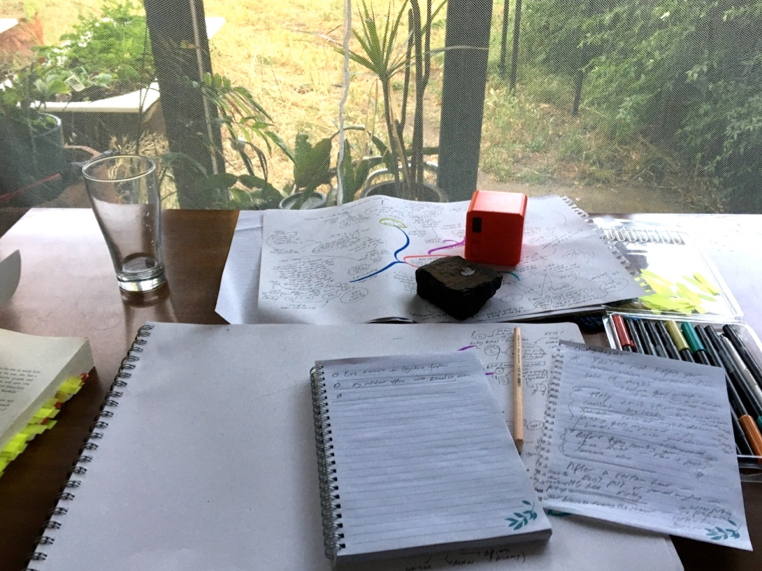
I can’t tell you how satisfying it is every time I am working away and I see a mosquito buzzing on the outside of the net. I think “Victory!”.
With my outdoor workspace, I need to be able to easily access the right tools and stationery once I enter the netted space. I don’t want to have to get up and unpeg the mosquito net every few minutes and risk a pesky mosquito entering my space.
• Pads of paper
• Pencils and gel pens
• Coloured pens
• Post-it notes
• Electronic timers (to track my work sessions and breaks)
• Water bottle and glass
• A couple of solid rocks (to act as paper weights so my papers don’t fly away when it’s windy)
• Ergonomic laptop stand (to prevent neck strain), a keyboard, and mouse
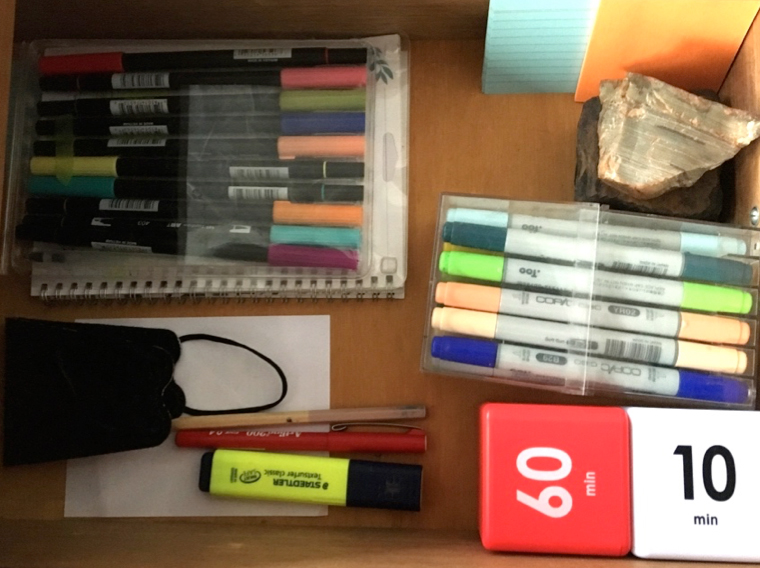
Having these items within arms reach means I can get into a flow state quickly and stay in flow.
When I’m working outdoors, I have a simple rule: my mobile phone is off limits (I leave it inside the house). It’s amazing how when my work gets difficult, instead of checking my phone to get a quick shot of dopamine, I’ll notice a little bird or a wasp flying nearby. This gives me a mini mental break without getting completely derailed and losing sight of what I need to be doing.
This is probably the biggest downside associated with working outdoors. You have no control over the elements.
If you live in a warm climate like I do, you may want to set up a fan. Kim Stanley Robinson who lives in California installed one of those misting devices that pubs and cafes use in their outdoor areas to keep customers cool. He says this keeps him cool during Summer.
I live in Western Australia where in Summer it’s easy to feel like you’re being slow roasted outside. When it gets too hot, it’s hard to think and near impossible to learn.
Similarly, when it’s too cold, I can’t focus and learn for the life of me!
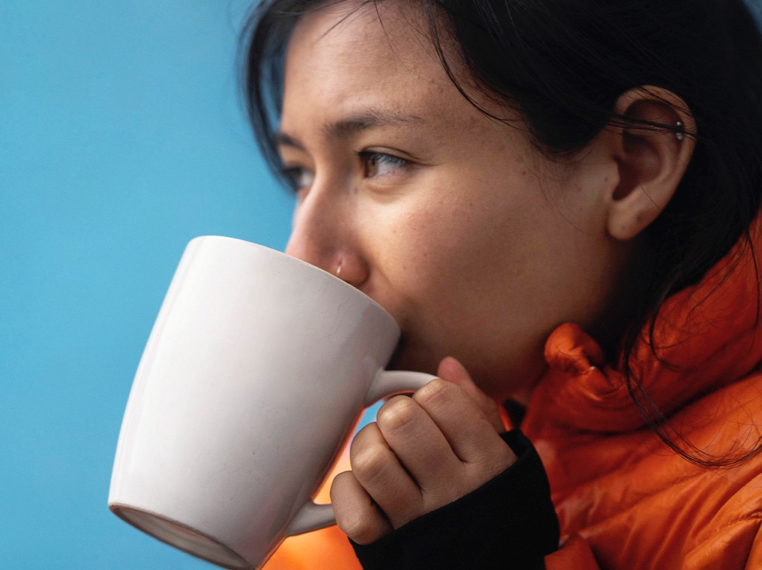
But in Winter, you can layer up. You can put on a warm jumper, beanie, some uggboots, and/or use a blanket. Kim Stanley Robinson says in the colder months he puts on his mountaineering gear to write outdoors. He sometimes even uses an electric heating pad for his feet.
Bottom line is this: do what you need to do to be comfortable in your outdoor workspace.
I understand Kim and I are both in privileged positions. Not everyone has a backyard, verandah, and/or the space to set up an office outside.
If you don’t have a backyard, here’s what I would recommend: create a mobile office. This is a backpack that contains everything you need to do your work.
Then, take your backpack to a local park (ideally one that has plenty of shade) and set yourself up at a picnic table.
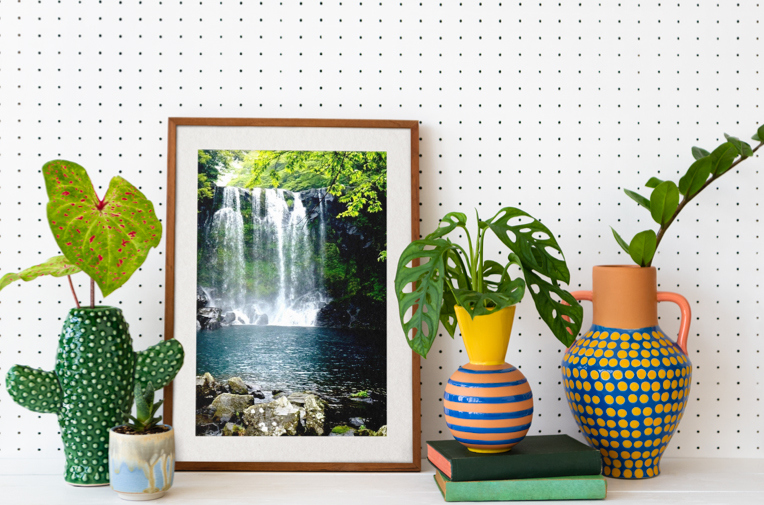
Alternatively, simply having a picture or painting of a natural environment in your study space and looking at it from time to time can be beneficial. This study found staring at a picture of a flowering meadow green roof for just 40 seconds was associated with better sustained attention.
Indoor plants are a fabulous investment, too. Having indoor plants in your space has been found to boost creativity (you can check out the research here).
In a world where we are becoming increasingly disconnected from the natural environment, working outdoors can be a great way to get a good dose of nature.
Since setting up my outdoor office space, I’ve noticed so many wonderful little creatures in my garden that I normally wouldn’t see (mainly birds and bandicoots). I also feel calmer and more energised at the end of the day. I can focus better, too.
I strongly encourage you to invite a little more nature into your life, whether it be by setting up a desk outside or adding some indoors plant to your study space.
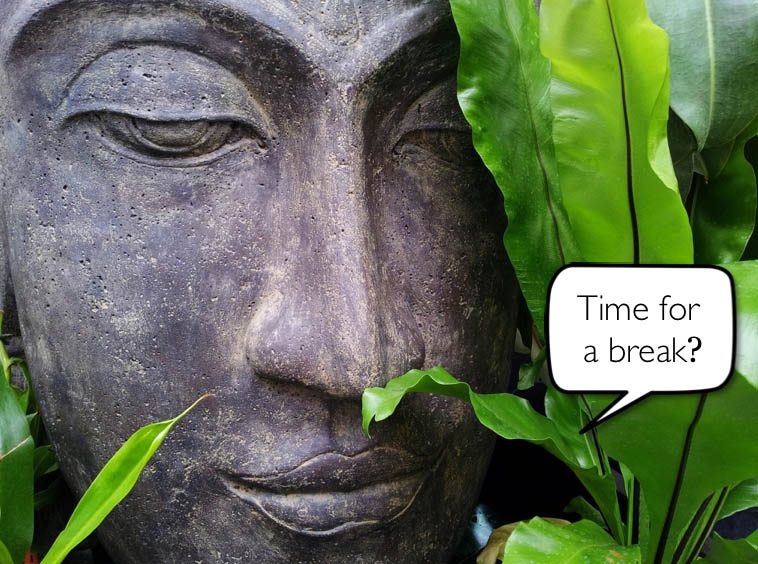
Do you have a tendency to push yourself? Do you burn the midnight oil?
If so, the way you’re working isn’t working.
Sure, I know how it is. When you work until late at night (when others are sleeping), you feel like you’re being super productive. It feels like you’re getting lots done. You think you’ve got one up on the rest of the world.
But in actual fact, you’re less productive.
Think of top performing athletes. They don’t train at an intense level 24/7 for a reason. They have rest days where they simply stretch, do strength training or go for a massage.
Without rest periods, athletes run the risk of injuring themselves and burning out before the big event.
Similarly, if you study for hours on end with no breaks, what’s likely to happen?
You increase the odds of getting sick, draining yourself mentally and/or burning out.
As Alex Soojung-Kim Pang says in his book Rest – Why You Get More Done When You Work less:
“If you want to succeed, you need to avoid exhaustion.”
For many years I was one exhausted student.
When I was at university, there were days when my friends and I would work until late at night on our assignments. We’d work in the computer labs until midnight, only stopping briefly to get sugary snacks from the vending machine to keep us going.
At the time we thought working until late at night was a great idea (“Let’s smash this out!”) but looking back, this was an inefficient and unhealthy approach. Why?
Because the next day was always a write-off. We would feel exhausted. Our brains weren’t up to the job of wrestling with complex ideas.
As Cambridge mathematician John Littlewood states:
“It is too easy, when rather tired, to fritter away a whole day with the intention of working but never getting properly down to it. This is pure waste, nothing is done, and you have had no rest or relaxation.”
So squeezing in an extra 4-5 hours of low quality, unfocused work in the evenings would nearly always cost my friends and I an entire day. In Littlewood’s words, our day would be “frittered away”.
But at some point, the penny finally dropped.
As a student, you are always better off to knock off earlier in the day, get some rest and relaxation so you can feel mentally sharp and refreshed for the next day.
I also learnt that when you rest, you can work better. Everything feels a lot easier with a refreshed mind and body.
As Alex Soojung-Kim Pang states:
“Rest is not work’s adversary. Rest is work’s partner. They complement and complete each other.”
Contrary to popular belief, rest isn’t a passive activity.
It’s not about lying on the couch and watching TV. Rest can be a timed power nap, a walk around the block, a vigorous cardio session at the gym or a game of cards with a friend.
It may sound strange but rest is something you need to work hard at. It’s something you need to make time for. And it’s a skill you can get better at. It just takes practice.
The school year isn’t a sprint. Approach it more like a marathon. You don’t want to burn out in the first 100 metres. So you need to pace yourself. You need to practice deliberate rest.
So the question is how will you practice deliberate rest today? What activities will you engage in to recharge your batteries? Feel free to post a comment below.
Dr Jane Genovese delivers interactive sessions on learning to learn, combating procrastination, exam preparation, how to focus in the age of distraction, habit formation and much, much more!
Get FREE study and life strategies by signing up to our newsletter:
© 2024 Learning Fundamentals